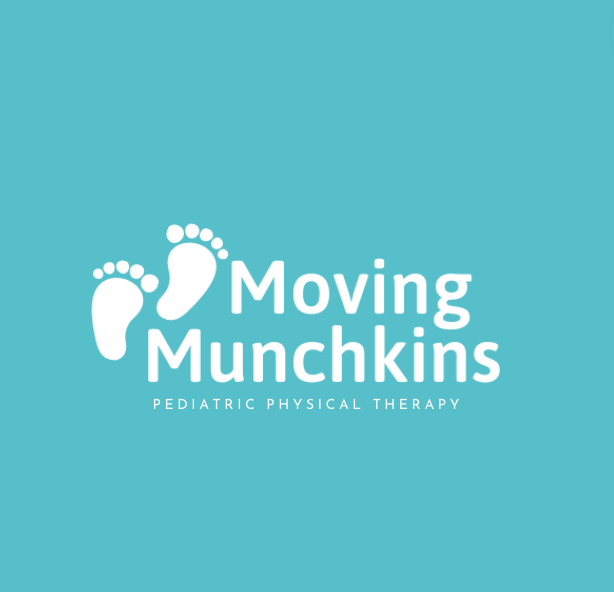For the Parents of NICU Babies
The moment your baby entered the world, your journey took an unexpected path — one that you hadn’t planned for, one filled with monitors, wires, alarms, and waiting rooms instead of cozy bassinets and quiet first moments. Instead of holding your baby close without worry, you learned to celebrate each tiny milestone: one less tube, one more ounce gained, one day closer to home. You faced each day with courage, even when it was extremely difficult.
Now, as you finally bring your munchkin home, you may feel pressure to simply move forward. But surviving the NICU leaves an invisible mark, a weight you might still be carrying. The truth is: it’s okay if you’re still processing it all. It’s okay if you sometimes feel overwhelmed, anxious, or exhausted. Healing doesn’t happen all at once — it unfolds over time, just like your baby’s growth.
Whether your baby spent days, weeks, or even months in the NICU, you’ve already been through a journey filled with strength, resilience, and more than your fair share of worry. Although you are home and out of the NICU, that worry does not magically disappear. As a pediatric physical therapist, I see the worry in my practice daily. And I want every family who has spent time in the NICU to know that getting support for you and your munchkin can be the best decision you make in the first few weeks at home! Getting support for your child, whether it's feeding therapy, physical therapy, speech therapy, or all the above, your child will benefit significantly the earlier you begin therapy. By no means does asking for therapy services mean something is “wrong,” it just means you want your child to thrive!
One of the most common concerns I hear from parents after discharge is:
“Will my baby be delayed in milestones because they were in the NICU?"
As a pediatric physical therapist, I want to say:
Every baby develops at their own pace—and babies who have spent time in the NICU are no exception. Let’s talk about some of the most common fears parents have and what we, as physical therapists, want you to know.
While it’s true that babies who have spent time in the NICU—especially those born prematurely or with medical complexities—may face unique developmental challenges, it doesn’t mean they’re destined to be “behind.” Many NICU babies catch up beautifully, especially when given the right support, therapies, and environment to thrive.
When we assess developmental milestones in preemie babies, we often use something called adjusted (or corrected) age. This is based on your baby’s due date, not their actual birth date. So, if your baby was born 8 weeks early, we’ll look at their development through the lens of their adjusted age—meaning we expect them to meet milestones 8 weeks later compared to full-term babies.
This adjustment is normal and expected—and helps take unnecessary pressure off parents who are comparing their baby to others.
Worry We Can Debunk #1: “My baby isn’t rolling, crawling, or walking ‘on time.’”
First of all, “on time” is a range, not an exact date. Rolling can happen anywhere between 3–6 months adjusted, crawling between 6–10 months, walking between 10–18 months. It’s not a race, and early intervention isn’t about rushing—it’s about support.
Worry We Can Debunk #2: “They were in a NICU isolette for so long… won’t that affect their strength?”
NICU babies may start life with less exposure to natural movement opportunities like tummy time—but the good news is: babies are incredibly adaptable. With gentle guidance, positioning support, and parent-led play, we can absolutely build strength, coordination, and postural control over time.
Worry We Can Debunk #3: “I missed a window and now it’s too late to help.”
There is no such thing as "too late" when it comes to supporting your baby's development. Whether your baby is a few weeks old or nearing toddlerhood, physical therapy can help them build skills, overcome challenges, and reach their potential.
Pediatric physical therapy is all about meeting your baby where they are and guiding them gently forward. We can help with:
Tummy time tolerance
Head shape & neck mobility (for babies with torticollis or flat head)
Rolling, sitting, crawling, and walking
Body awareness and core strength
Positioning tips for daily life
Parent education and empowerment
Being a NICU parent comes with a unique kind of strength—and a whole lot of questions. But your baby’s story isn’t defined by where they started; it’s shaped by how they’re supported along the way.
So if you're wondering if your baby is "behind," let’s reframe that. They’re not behind—they’re on their own developmental path. And with love, encouragement, and the right resources, they’re already on their way to amazing things.
If your munchkin seems a bit delayed, it doesn’t mean something is “wrong”—but it may be worth checking in with a pediatric PT to ensure they have the right support (and early support!) that they need to get there confidently. If you have concerns or just want some peace of mind, pediatric PT is here to help.


